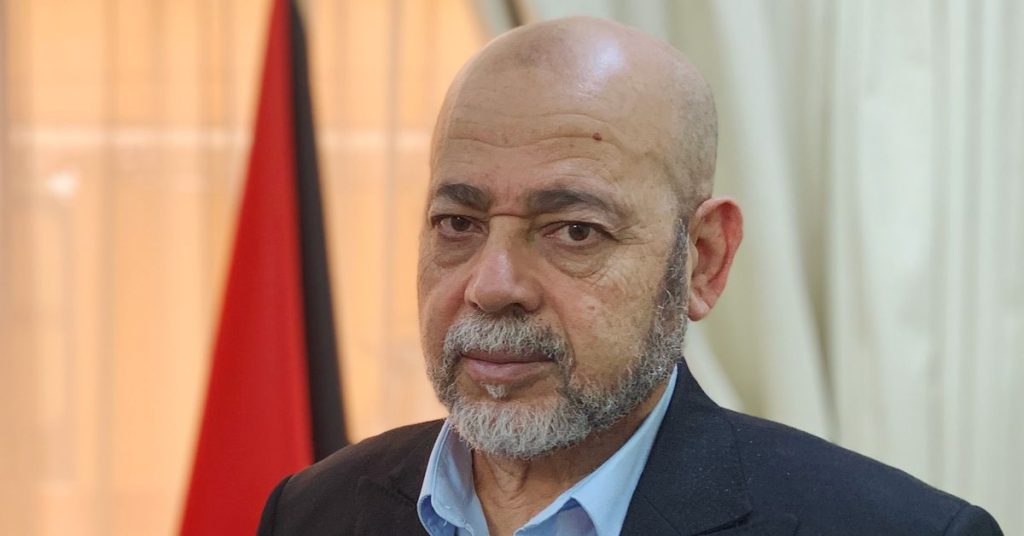In a recent interview, two senior Hamas leaders, Mousa Abu Marzouk and Basem Naim, expressed confidence in the organization’s future despite the ongoing war in Gaza. They believe that their October 7 attack on Israel achieved their goal of reigniting global concern for Palestinian subjugation, and they see the Israelis and Americans as intent on escalating the conflict rather than seeking a peaceful solution. They also mentioned that they don’t believe they are responsible for civilian deaths during their assault on Israel, in which about 1,200 Israelis died.
The Hamas leaders acknowledged holding dozens of captives, including noncombatants and likely five Americans. They expressed little faith in negotiations for a pause in combat involving the release of these hostages, even though President Joe Biden has been pushing for an agreement. They remain committed to a 2017 political document that suggests Hamas may accept a two-state solution, with a Palestinian state limited to territories Israel didn’t control before 1967.
Despite the assertions of Hamas leaders, international opprobrium over the Oct. 7 violence is growing. An upcoming report by Human Rights Watch has verified evidence of Hamas fighters targeting and killing civilians during the attack. Western and Arab governments, along with most experts, believe Hamas will continue to be relevant in the Israel-Palestine conflict regardless of how the current war ends. Both Marzouk and Naim expressed opposition to proposals under discussion by the US, Israel, and other players, indicating a determination to scuttle particular plans.
In response to reported discussions about a new military force in Gaza comprising troops from various countries, including Arab states, Abu Marzouk conveyed that Hamas would fight against any such force in Gaza. The Hamas leaders challenged proposals for the new prime minister of the US-backed Palestinian Authority, framing their rejection as a reaction to US-driven interference in intra-Palestinian discussions. They emphasized the importance of Palestinian unity and inclusive governance.
The interview highlights the complex relationships and power dynamics at play in the Israel-Palestine conflict. It explores Hamas’ perspective on the ongoing war, their stance on negotiations and potential future scenarios. The article also delves into the role of key players such as the US, Israel, Iran, and Saudi Arabia, shedding light on the challenges and opportunities for peace in the region. The Hamas leaders’ statements and the analysts’ insights provide a nuanced understanding of the complex geopolitical landscape and the obstacles to a lasting solution in the Israeli-Palestinian conflict.


